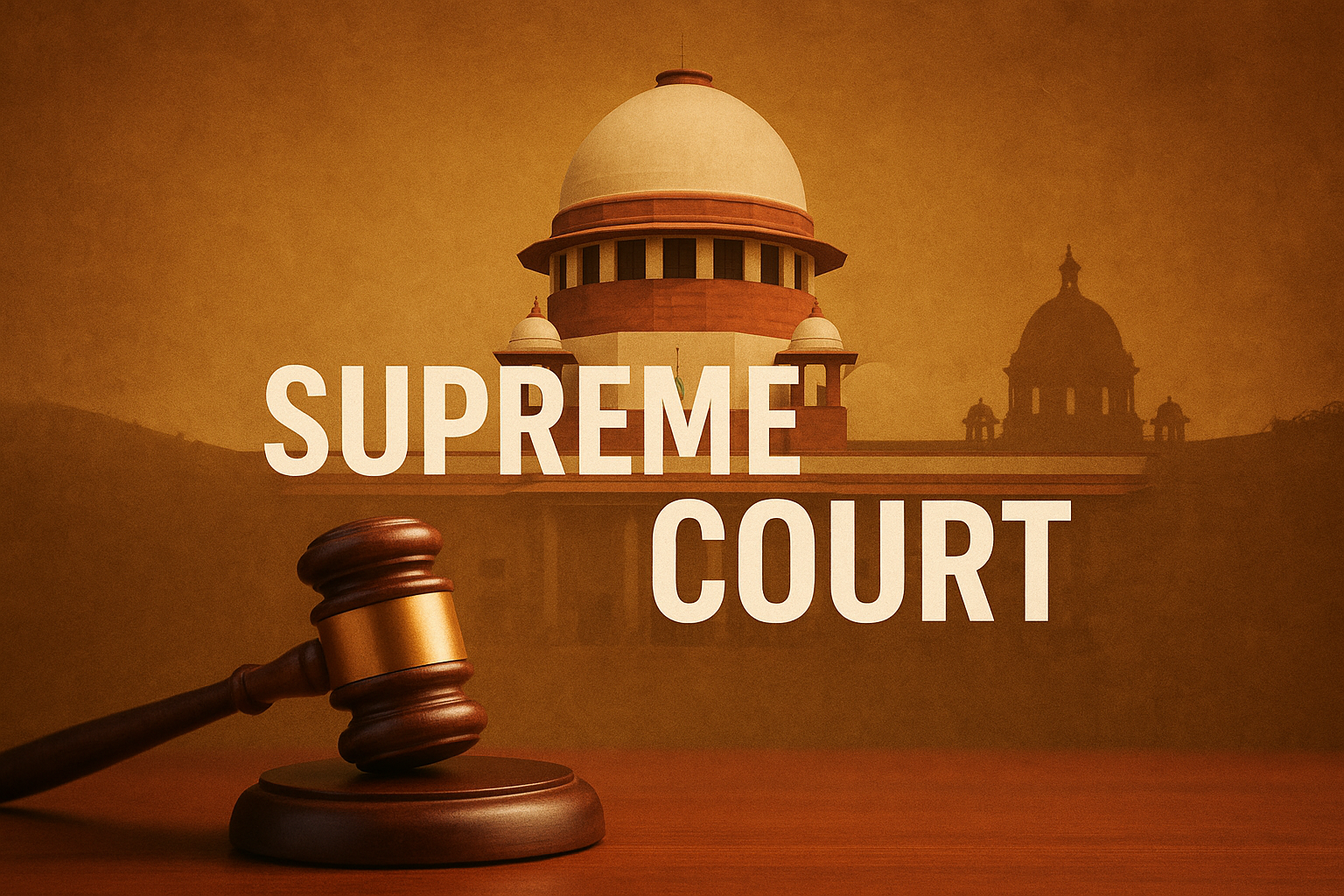Court denies bail to alleged Bangladeshi national accused of illegal entry and identity fraud
The Bombay High Court has clarified that possession of Indian identity documents such as Aadhaar, PAN, or Voter ID does not automatically confer citizenship. Justice Amit Borkar made the observation while rejecting the bail plea of an alleged Bangladeshi national accused of unlawfully entering India and securing government identification through fraudulent means.
Citizenship Determined by Law, Not IDs
Hearing Babu Abdul Ruf Sardar v. State of Maharashtra, Justice Borkar emphasised that the Citizenship Act, 1955 governs nationality in India.
“Mere possession of documents like Aadhaar, PAN, or Voter ID is insufficient to establish citizenship,” the judge observed. “These are identification tools for availing services, not conclusive proof of nationality. Legal requirements under the Citizenship Act remain paramount.”
The accused argued that he held valid Indian credentials — including Aadhaar, Voter ID, PAN card, and passport — linked to income tax records, bank accounts, utility bills, and business registration. However, the Court held that these links did not override statutory criteria for citizenship.
Allegations of Illegal Entry and Forged Documents
According to the prosecution, Sardar entered India without valid travel papers, concealed his Bangladeshi nationality, and obtained forged Aadhaar and PAN cards. Investigators also recovered from his mobile phone digital copies of birth certificates — allegedly for him and his mother — issued in Bangladesh. The device revealed frequent contact with multiple Bangladeshi numbers.
The verification of his Aadhaar card with the Unique Identification Authority of India (UIDAI) is still pending. Prosecutors fear Sardar may be connected to a wider network engaged in illegal immigration and identity fraud.
Bail Denied Due to Flight Risk
Justice Borkar found merit in the State’s apprehension that the accused might abscond if released. The Court said the defence had failed to present any verified document from competent authorities conclusively proving his Indian citizenship.
“Reliance on unverified identity cards, without examining the process of their issuance, is not sufficient at this stage — especially when the authenticity of these documents is under investigation,” the Court said.
While the accused insisted the birth certificate found on his phone was unverified and sent via WhatsApp from an unknown number, the Court noted that the allegations indicated deliberate identity concealment and fabrication of documents to access citizenship benefits.
Possibility of Bail in the Future
The Court stated that Sardar could revive his bail plea if the trial does not conclude within a year. For now, it ruled that the seriousness of the allegations, the risk of flight, and the possibility of interference with the investigation justified continued custody.
Justice Borkar concluded: “The prosecution’s concerns are neither empty nor speculative. They are supported by the accused’s alleged actions and the grave nature of the charges.”
Advocate Jyotiram S. Yadav represented Sardar, while Additional Public Prosecutor Megha Bajoria appeared for the State.





